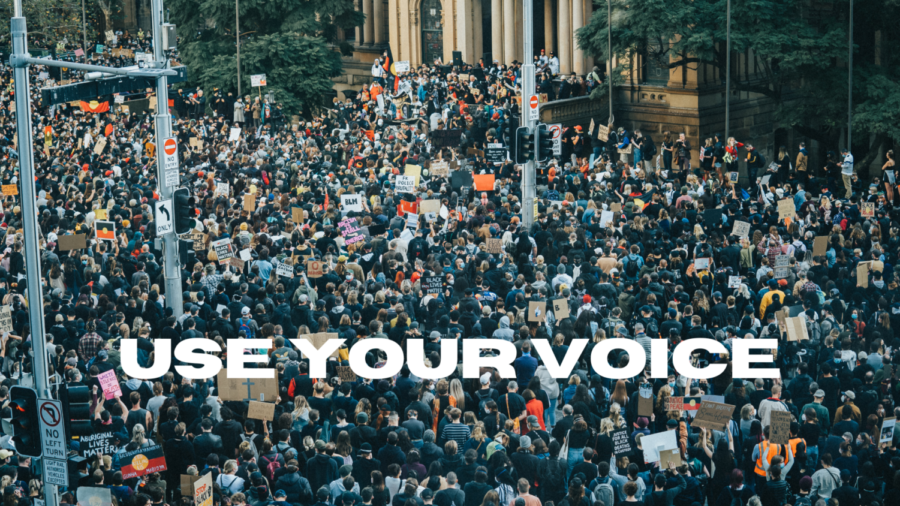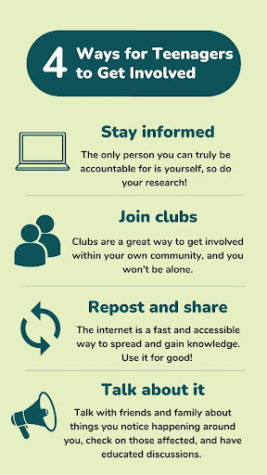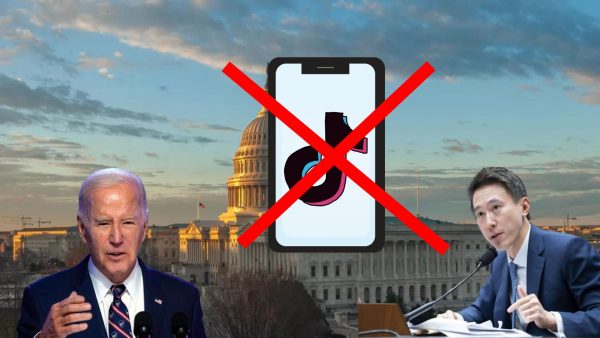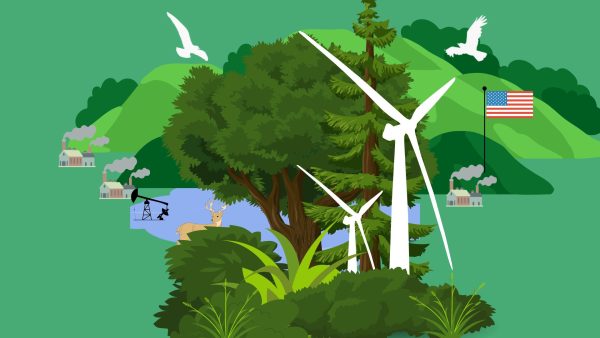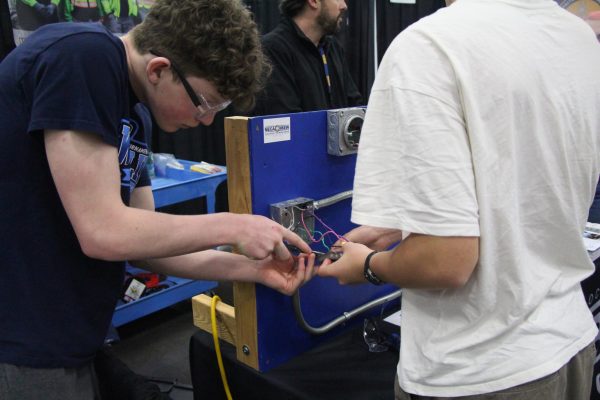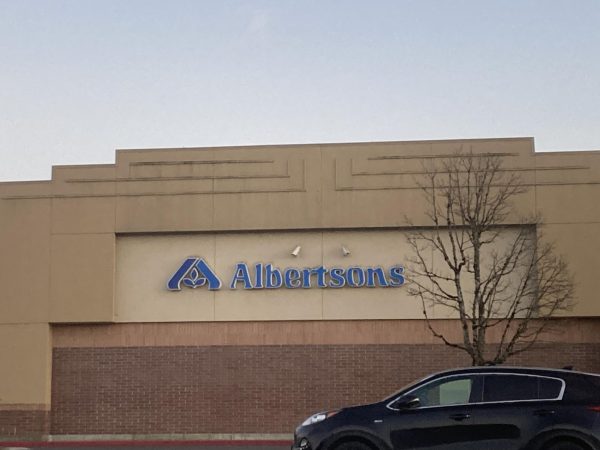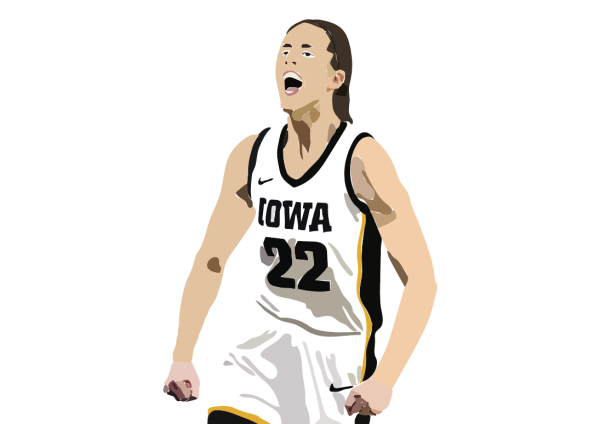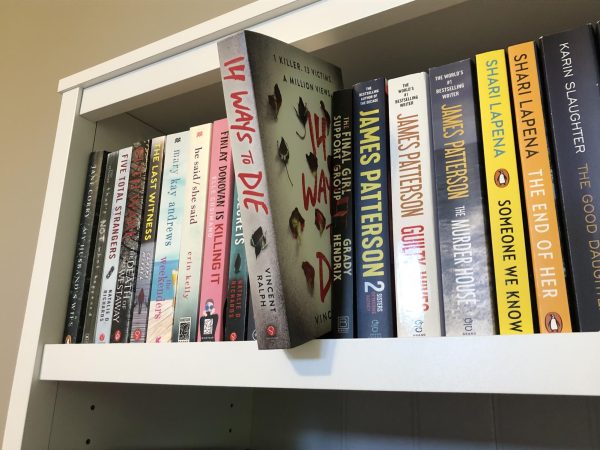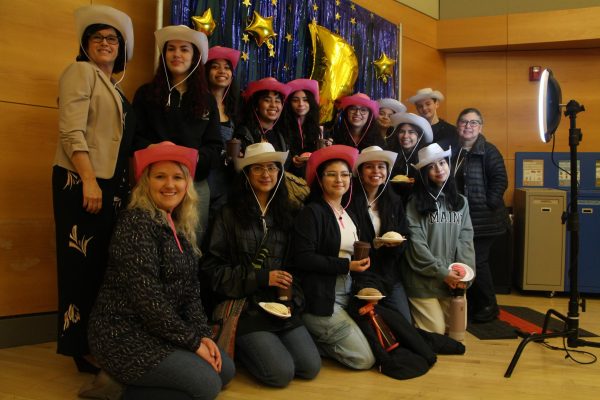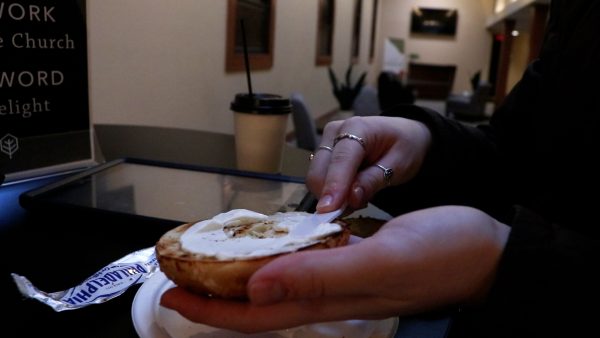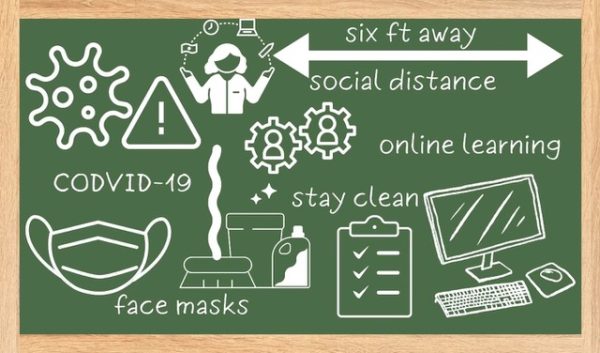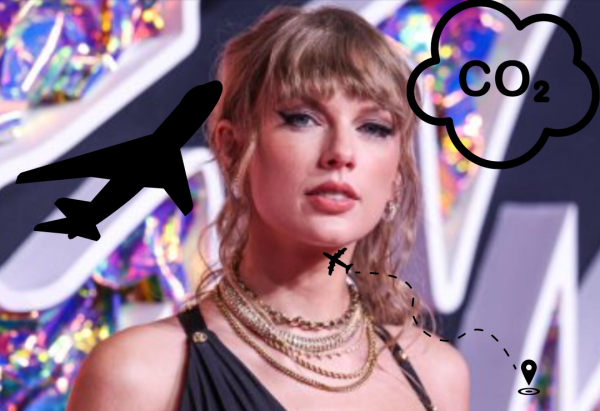Too young to vote?
Student opinions on the Oregon gubernatorial election and what teenagers can do if they can’t vote.
2020 was a pivotal time not only for students involved in U.S. politics, but also young people who were not previously interested.
*Names have been changed to protect students’ identities.*
Race for Oregon governor
The recent election for Oregon governor has urged students with an interest in politics and social issues to reflect on their own opinions. Three anonymous students in AP Government and Politics shared their thoughts on the governor race, their experiences with activism, and their general involvement in politics and social issues.
The 2022 race for governor was the first one in Oregon to involve three major candidates who were all women; Democrat Tina Kotek, Republican Christine Drazan, and Betsy Johnson, who was an unaffiliated, or moderate candidate.
Having a moderate candidate created controversy for voters in Oregon. Some believe that Johnson is creating a wedge in the votes between Kotek and Drazan, as there’s voters in each party who lean more moderate. Being unaffiliated also means that some of her policies contradict the values of the two parties we know best. However, all three interviewees shared a similar opinion on Johnson.
*Logan, junior, fully supported Johnson, and *Jane, junior, had a very similar stance.
“[Johnson], really she has the best interest of everyone in mind, not necessarily her own opinions…[Johnson is] putting the people over her party affiliation,” Logan said.
“I think I would align more moderate, [with] Betsy Johnson and her views,” Jane said. “I think that [having an unaffiliated candidate] gives equal representation to everyone in Oregon.”
*Jack, junior aligned somewhere in between two candidates.
“I flipped between Christine Drazan and Betsy Johnson, but mostly Drazan because of her stances on abortion,” Jack said. Despite this, they could also see the benefit in having an unaffiliated candidate.
“Finding a moderate candidate that can both appease the Democrats in the cities but also, like focus on the problems of rural Oregonians as well [is] really important,” Jack said. They were also very concerned with the way schools handled COVID-19.
“I understand that there were certain measures that needed to be taken, especially when it came to distancing and like, shutting down schools for a while… but it just felt like there was absolutely no representation for students or for younger people in that aspect,” Jack said. They said they tend to lean more conservative politically for this reason.
“I feel like a lot of conservative legislators in the state focused more on the students…and how it was affecting the high school kids,” Jack said.
As for their hopes and expectations under a new governor, Logan suspected that things will stay the same.
“[Kotek] aligns a lot with Kate Brown and I can’t imagine that anything is going to change drastically,” Logan said. “I mean, I definitely think there will be more legislation to help fight the issue of homelessness just because Tina Kotek has made it clear that she will work with that.”
Jane also wants to see the homeless crisis resolved, along with other hopes.
“My hopes for this is that the homeless crisis in Portland is somewhat relieved, or we can make moves to clean up the streets,” Jane said. “I’m [also] hoping that people have more access to healthcare and keep their reproductive rights.”
A new perspective
2020 was a pivotal time not only for students involved in U.S. politics, but also young people who were not previously interested. Following the death of George Floyd, amidst differing COVID-19 protocols across the nation, and with the upcoming presidential election, many teenagers began to address these events on social media. They were weighing in with their opinions, reposting useful information, and even debating with each other.
Logan had somewhat conflicting opinions on the use of social media for politics.
“I think that they’re trying to spread [their opinions] through, you know, reposting on social media…Definitely [young people] need to research. I think that’s the biggest thing. I think that people are lying too heavily on very, very transparent forms of information,” Logan said.
It can be argued that this trend was damaging to important movements, as misinformation was, and still is a pressing issue on the internet. Either way, the many opportunities for education during this time cannot be ignored.
“They did [change] a lot,” Jack said in reference to their political views. “I did become more conservative when it came to like, schools and education, and that type of thing. But I became more liberal when it came to other issues, like with the Black Lives Matter [movement].”
“Quite frankly, before [COVID-19], I had no idea who our governor was,” Logan said. “Once quarantine happened and once, you know, all the restrictions and all that I started becoming more accustomed to politics.”
So what?
Most high school students can’t vote, so what’s the point anyways? If we can think back to all the activism on social media in 2020, then we know what types of change young people are capable of making. Sometimes organizing rallies and protests online is the way to go, but sometimes the best we can do is just to educate ourselves and others.
Gen-Z for Change is a non-profit organization run by teenagers/young adults. They originated on TikTok, creating educational videos and encouraging others to support their cause. They’ve listed their achievements on their website, including raising over 2 million dollars for abortion funds across the nation.
Gen-Z for Change is a phenomenal example of the type of action teenagers can take to support their beliefs and get involved. Some of their achievements included flooding the emails of tip lines that were anti-abortion and anti-critical race theory. These are things that any teenager with access to the internet can help with.
Another, very easy way for young people to get involved and support their beliefs is just to talk about them in the appropriate settings.
“The best thing you can do is to talk about it…about all of the issues, talk about the solutions, talk about the problems, just get the word out about what’s happening. Because even though we don’t have a legal voice, we still have a voice,” Jack said.
My opinion
Current events happening not only in Oregon, but nation-wide, and globally, have been putting the pressure on young people to be the leaders of change.
The smallest demographic of voters has always been citizens aged 18-24. A disappointing amount of citizens don’t vote because they believe that it doesn’t count, when a single vote can make a big difference. This is upsetting to me, and I’m sure many others, as it is of the utmost importance that these people use their voices to vote. They are the ones who will be around to see changes take place, which means they need to be there when they’re voted on.
“As a 16 year old, you can’t really endorse a candidate or like, you know, vote,” Jane said. “But just being well informed [is important] so that when you can vote, you can make a difference.”
Young voices are essential to our society. Without them, things would remain the same way for years and years; there would be no progress.
Your donation will support the student journalists of West Linn High School. Your contribution will allow us to continue to produce quality content by purchasing equipment, software, and continuing to host our website on School Newspapers Online (SNO).
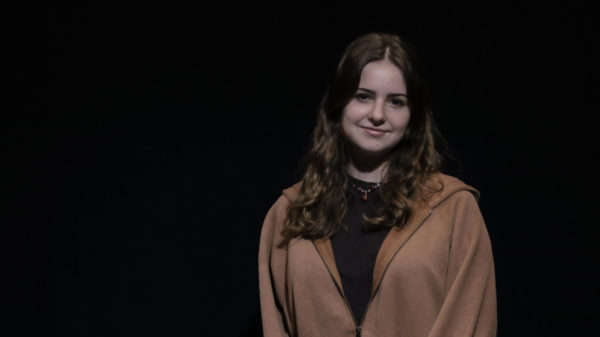
Edie Himmer, junior, is wlhsNOW’s copy editor, and has been a part of the program for about two years. She has recently joined the West Linn Weekly Wakeup...

























![Game, set, and match. Corbin Atchley, sophomore, high fives Sanam Sidhu, freshman, after a rally with other club members. “I just joined [the club],” Sidhu said. “[I heard about it] on Instagram, they always post about it, I’ve been wanting to come. My parents used to play [net sports] too and they taught us, and then I learned from my brother.”](https://wlhsnow.com/wp-content/uploads/2024/03/MG_7715-2-1200x800.jpg)
![At the bottom of the third inning, the Lions are still scoreless. Rowe stands at home plate, preparing to bat, while Vandenbrink stands off to the side as the next batter up. Despite having the bases loaded, the team was unable to score any runs. “It’s just the beginning of the season. We’re just going to be playing out best by June, [and] that’s where champions are,” Rowe said.](https://wlhsnow.com/wp-content/uploads/2024/03/IMG_3077-1200x900.jpg)





![The teams prepare to start another play with just a few minutes left in the first half. The Lions were in the lead at halftime with a score of 27-0. At half time, the team went back to the locker rooms. “[We ate] orange slices,” Malos said. “[Then] our team came out and got the win.”](https://wlhsnow.com/wp-content/uploads/2023/10/IMG_2385-1200x800.jpg)







































































